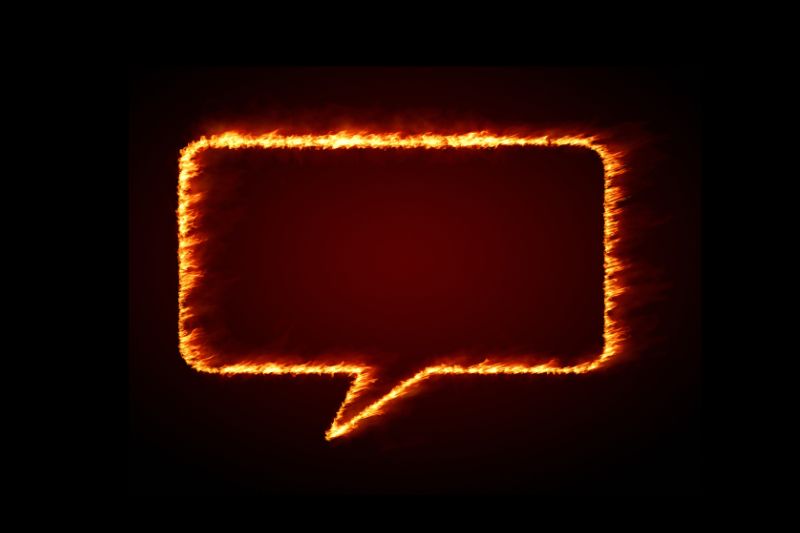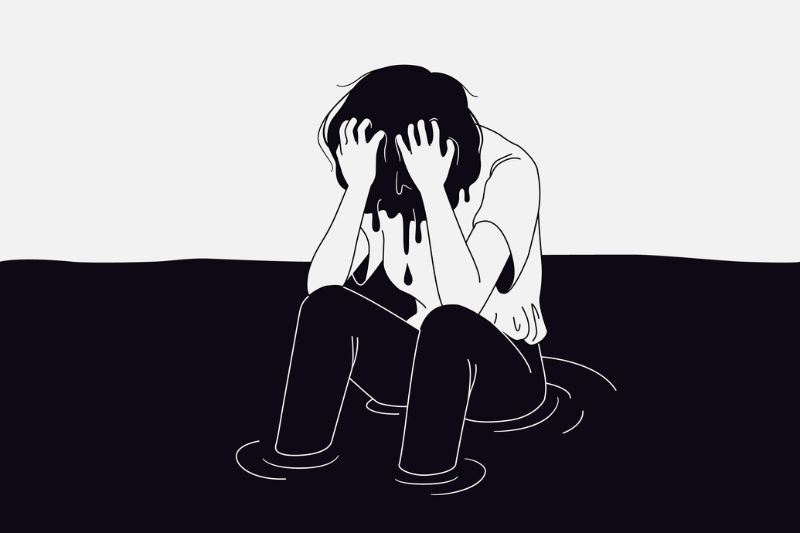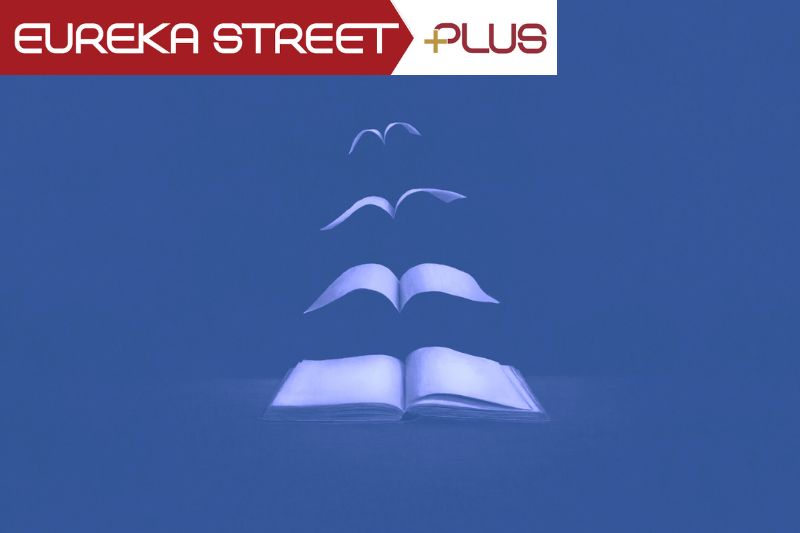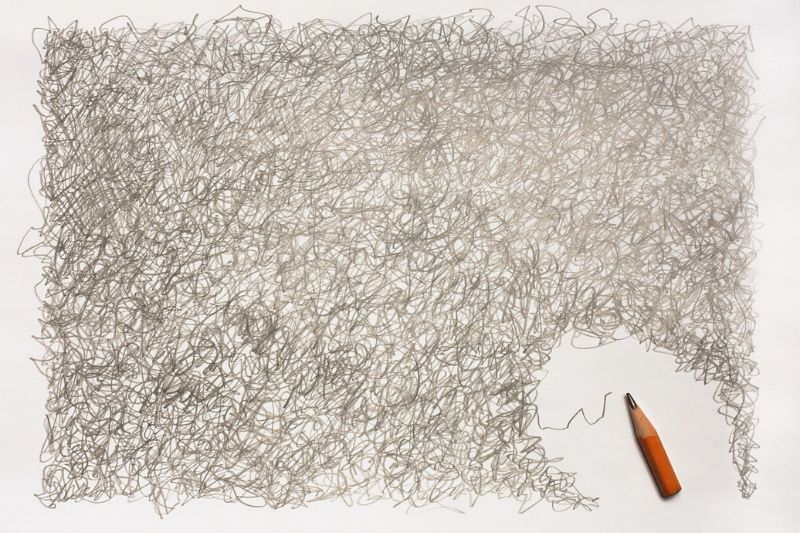Keywords: World Environment Day
-

ARTS AND CULTURE
- Nikki Richardson
- 06 March 2025
In Netflix series Apple Cider Vinegar, Belle Gibson’s wellness scam has been repackaged for the streaming era, perfectly illustrating how news, entertainment, and advertising function as overlapping parts of the same machinery to keep us consuming content.
READ MORE
-

INTERNATIONAL
- Andrew Hamilton
- 19 February 2025
The shockwaves of the Hamas attack on Israel and the Israeli military’s response in Gaza have ignited protests, inflamed divisions, and prompted a reckoning with rising antisemitism. As hostilities pause, how should societies distinguish between legitimate criticism and rhetoric that fuels hate?
READ MORE
-

ENVIRONMENT
- Jo Skinner
- 19 February 2025
As climate disasters escalate, more young people grapple with anxiety, despair, and a deep sense of uncertainty. Finding resilience amid rising global temperatures has become a defining challenge for a generation confronting an increasingly unstable world.
READ MORE
-

ARTS AND CULTURE
- Liza Libes
- 17 January 2025
In universities worldwide, English departments teach theory rather than literature, using art to serve ideological ends. But how did this happen, and what is lost when we sacrifice moral and cultural depth to the demands of ideological conformity?
READ MORE 
-

AUSTRALIA
- David Halliday, Michael McVeigh, Laura Kings, Michele Frankeni, Andrew Hamilton, Julian Butler
- 18 December 2024
To close the year for Eureka Street, the editorial team are taking a step back to reflect on the character of 2024. What did it demand of us? What did it teach us about ourselves, and the world we inhabit?
READ MORE
-

INTERNATIONAL
- David Halliday
- 13 December 2024
In 2024, a fifth of Americans reported having no close friends, and the number is growing, especially among those without college degrees. So what are the societal structures behind this crisis in loneliness, and how we can rebuild meaningful connections?
READ MORE 